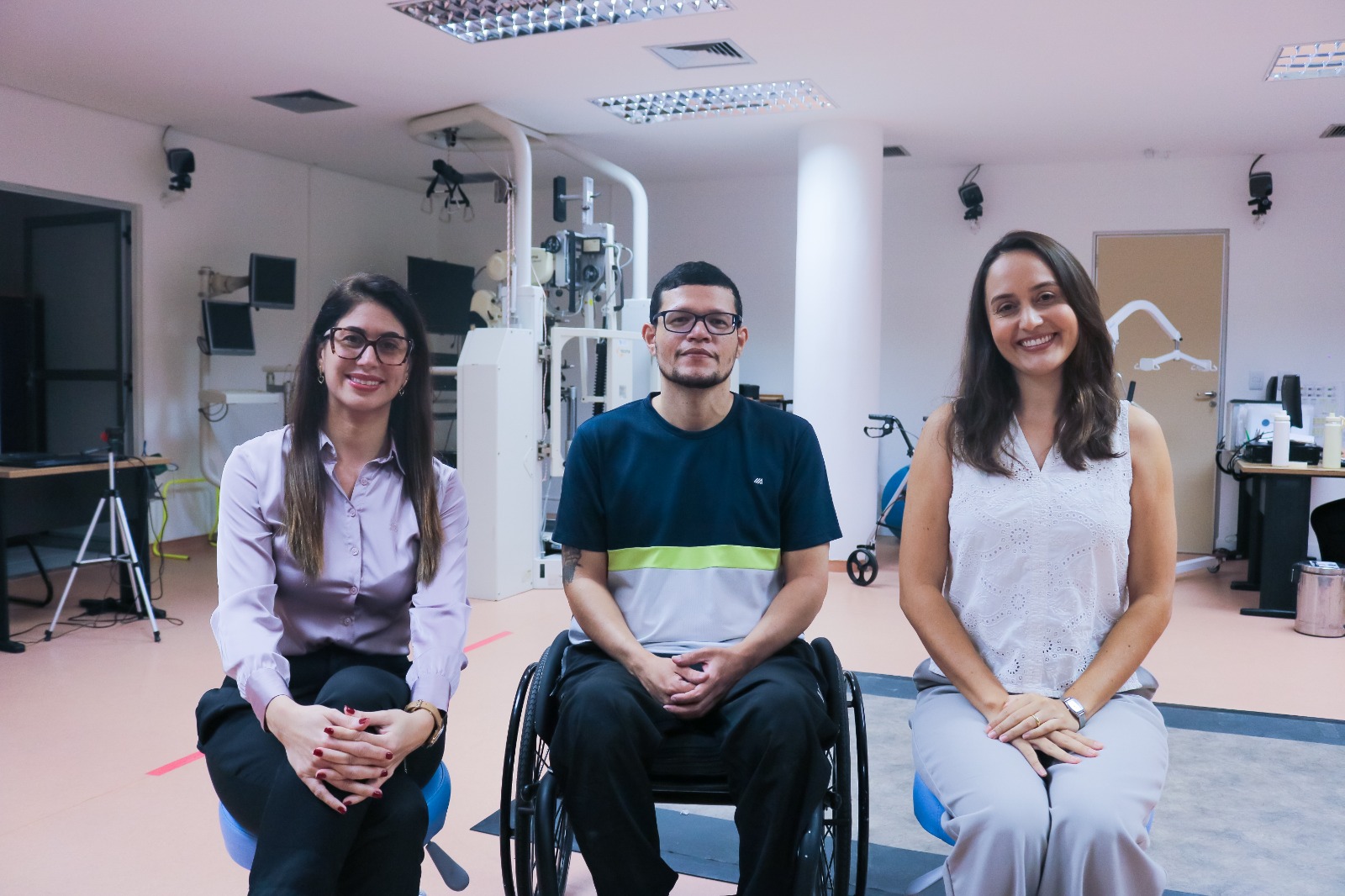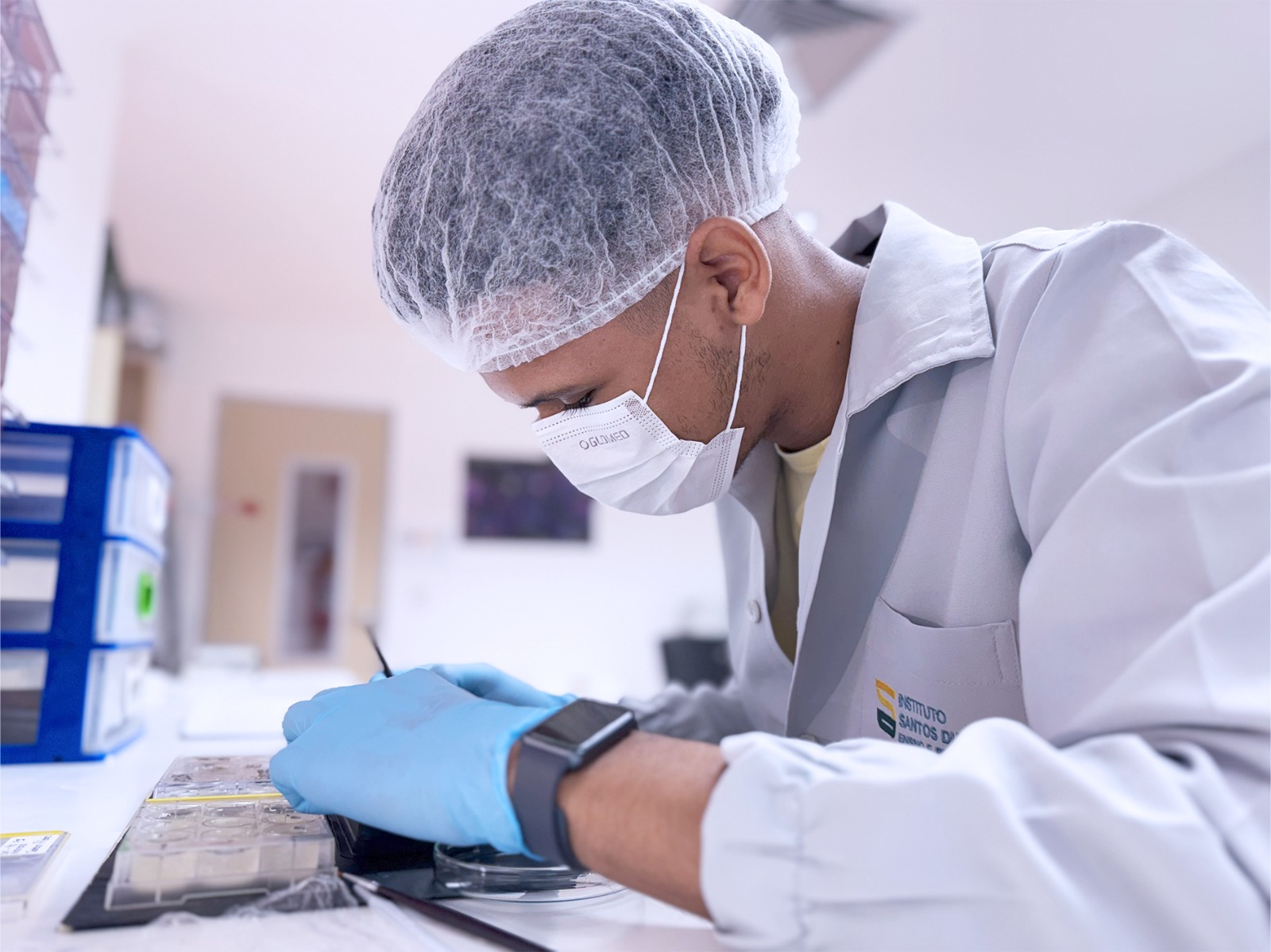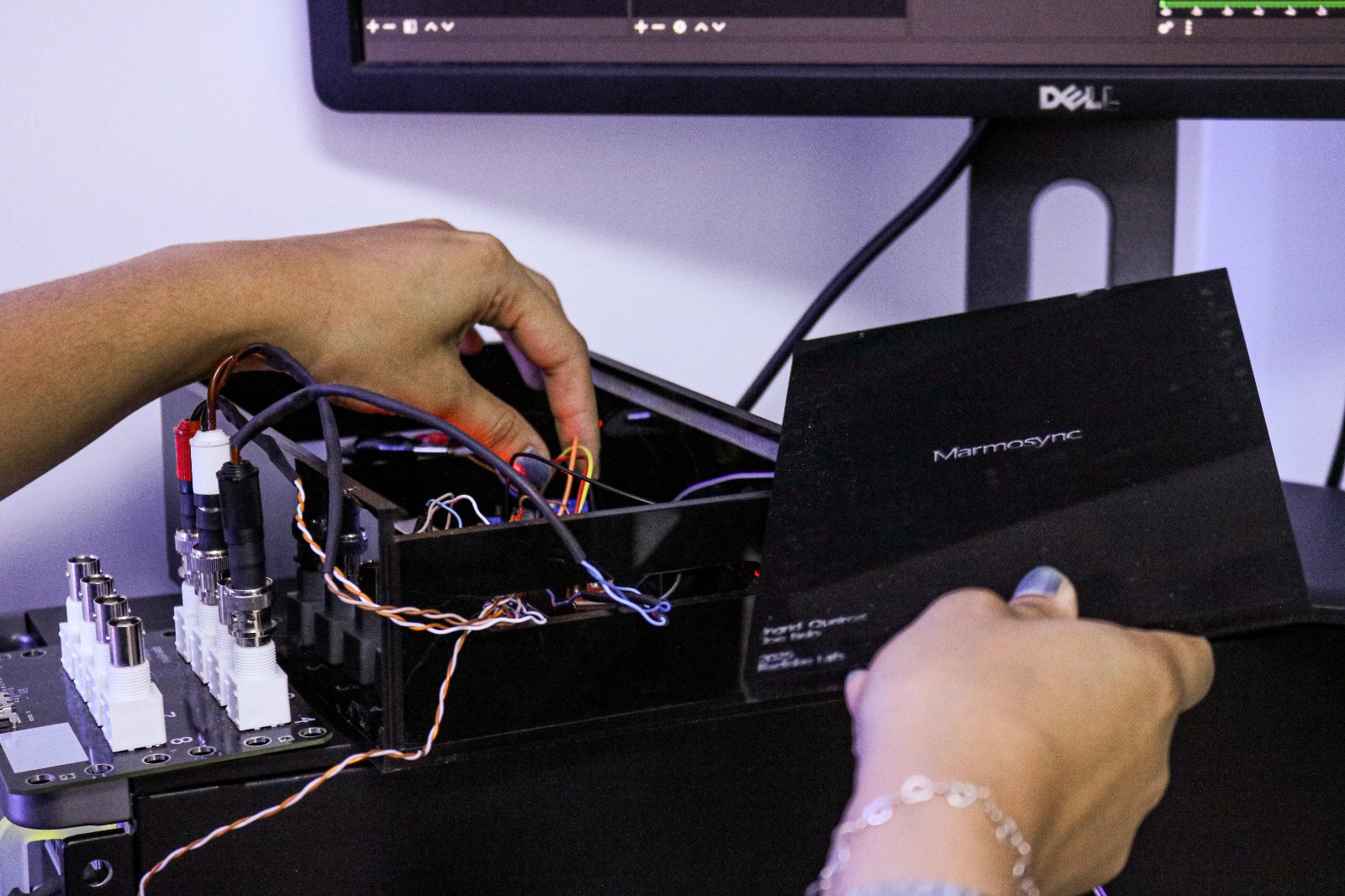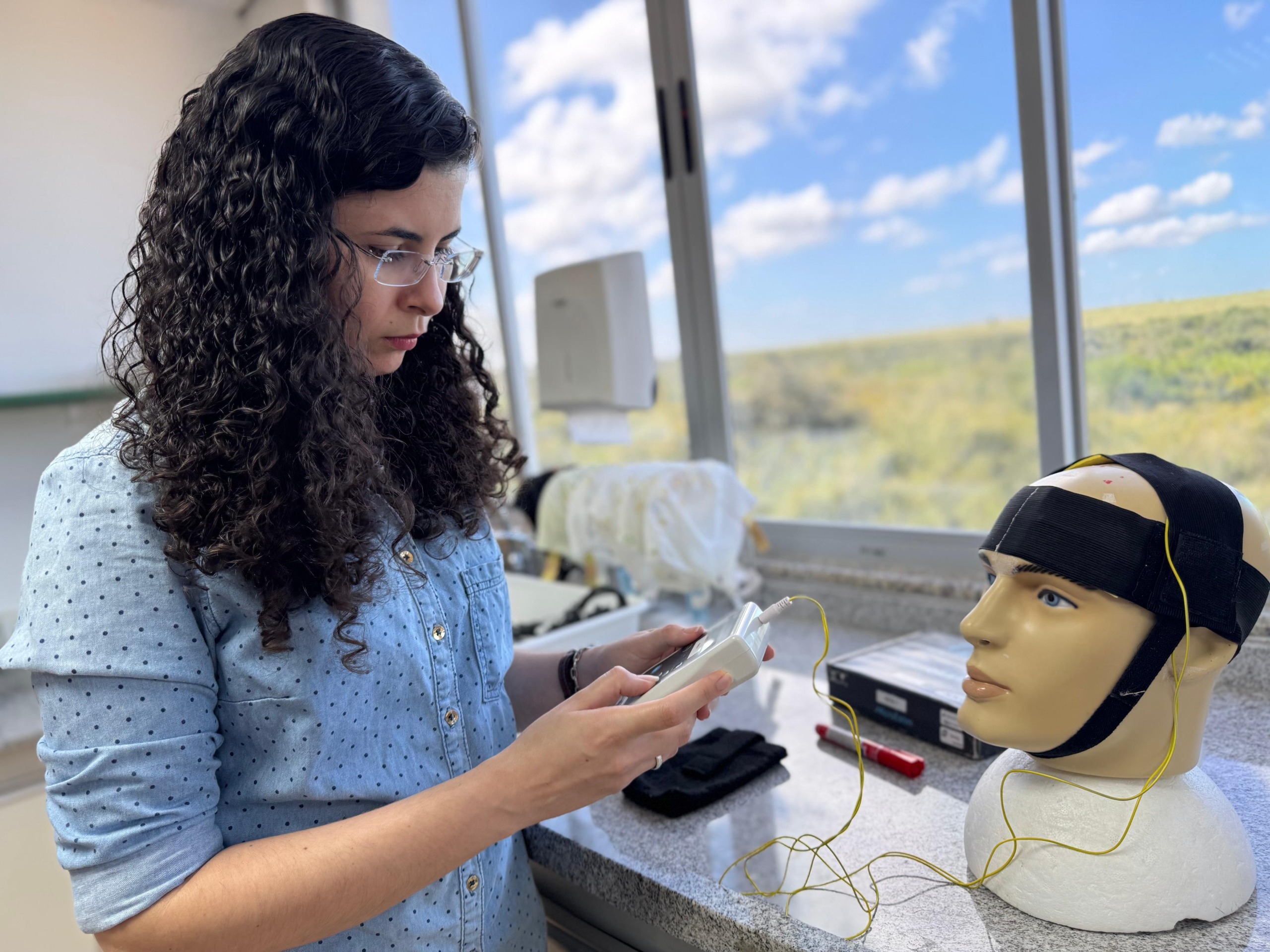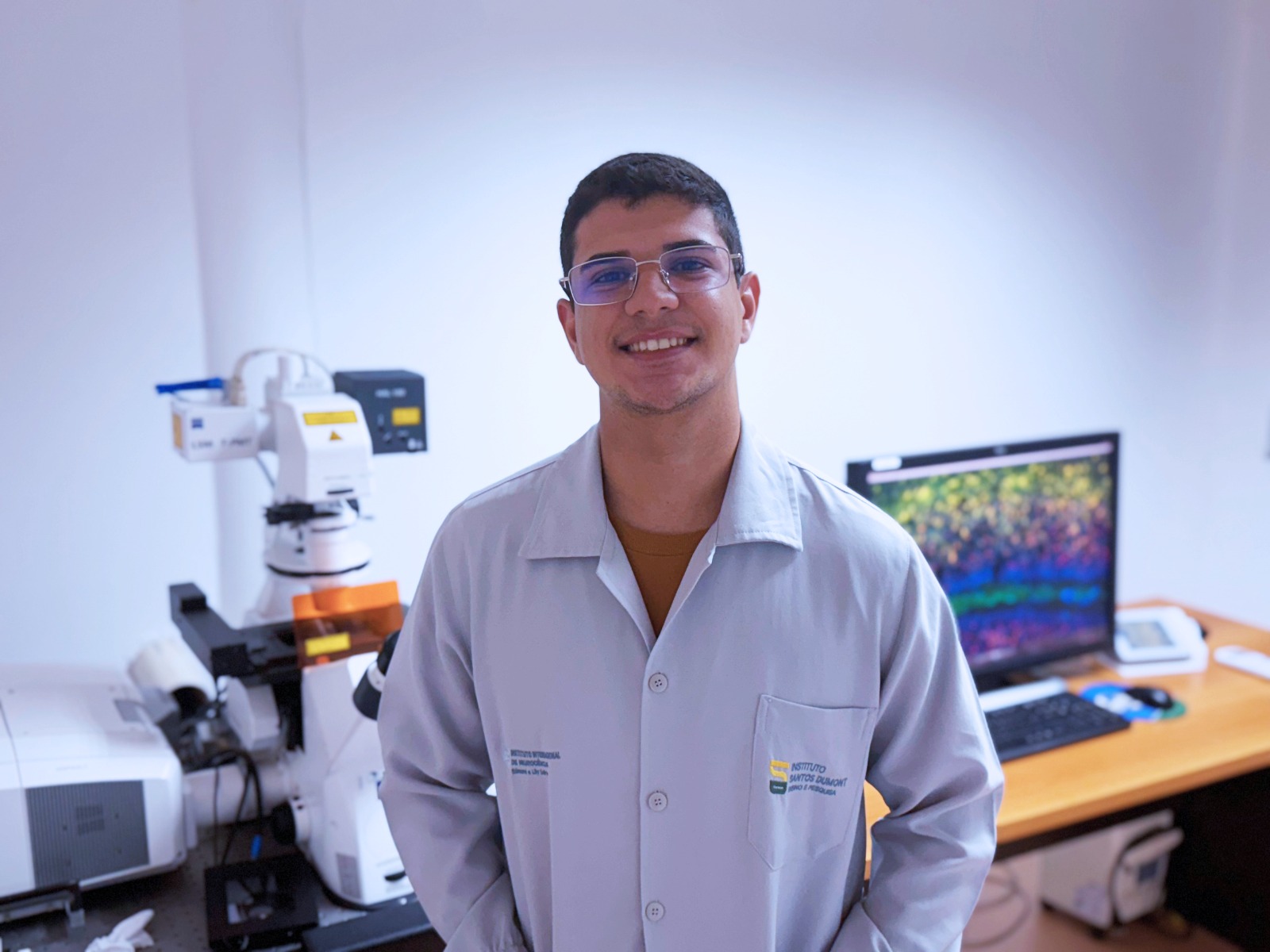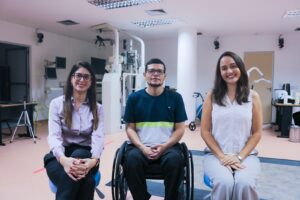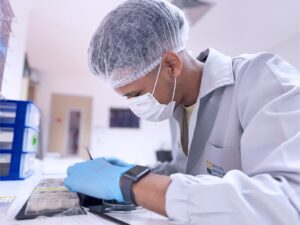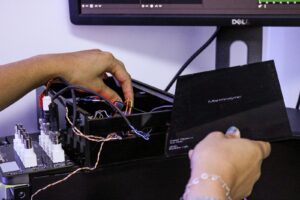The improvement of techniques for the correct diagnosis and treatment of patients with epilepsy are being disseminated by the Santos Dumont Institute (ISD). This Wednesday (28/07), six doctors and three nurses who work in the Basic Health Units of Extremoz (RN) were trained by a team from the Multidisciplinary Service in Epilepsy of the Center for Education and Research in Health Anita Garibaldi (SEMEP Anita ).
The idea of creating training for these workers arose from the identification, by Anita's multidisciplinary team, of the lack of alignment of procedures for diagnosing people with epilepsy in primary care. “We identified a technical gap in the basic health network for carrying out the correct diagnosis and treatment of people with this condition”, says Joísa Araújo, neuropsychologist and ISD preceptor.
Epilepsy is considered one of the most common neurological diseases that exist and, according to the World Health Organization (WHO), affects about 50 million people worldwide. The disease can cause seizures or non-convulsive seizures, including “absence” seizures – in which the person seems to “turn off” for a few moments, and then resume what they were doing – and, for example, sensations such as perception distortions , uncontrolled movements of a body part or sudden fear, as described by the Brazilian Epilepsy League.
During training, physicians and nurses analyze real clinical cases and discuss the implementation of standardized diagnostic criteria for epilepsy that can be controlled by medication and also for medication-resistant conditions. Breaking paradigms related to living with epilepsy is also part of the topics addressed during the meeting. “Epilepsy is a health condition permeated by taboos and prejudices. Many patients are afraid to seek a health service for fear of being victims of prejudice. It is a complex health issue”, emphasizes Joísa Araújo.
In Rio Grande do Norte, the Specialized Rehabilitation Center (CER Anita) is a reference in the care of patients with drug-resistant epilepsy, which is considered the most serious condition of the condition whose drugs available on the market cannot control it. SEMEP has a body of professionals in neurosurgery, pediatric and adult neurology, social work, psychology, physiotherapy, speech therapy, occupational therapy and nutrition specializing in the ketogenic diet.
The preceptor in Neurology at the ISD and one of the training facilitators, Nicelle de Morais, points out that primary care health professionals need to know better what epilepsy is. “The main objective of the training is to end prejudice in relation to epilepsy, in addition to helping these professionals to make an early diagnosis and start treatment as soon as possible to avoid the complications of the disease such as developmental delay, difficulty in getting a job and other commitments that people with epilepsy may face”, declares Nicelle de Morais.
She also points out that the differentiation between patients with this condition that can be treated at the Basic Health Unit from those who need to resort to secondary or tertiary care, directly impacts the person's quality of life.
Symptoms in childhood
According to the child neurologist and preceptor of the ISD, Celina Reis, epilepsy can appear in any age group. “In newborns, nursing mothers, school-aged children, adolescents. The signs that can be observed are the crises, which are episodes that happen with a beginning, with a duration and an end. These are crises that can be absence, behavioral arrest, tremors and convulsive crises. There are several types that can appear in childhood”, reports the specialist.
Alteration in the level of consciousness, hypo or hyperresponsiveness to stimuli or motor manifestation are among the initial symptoms of the condition of epilepsy. There is a recurrence of crises, which are not provoked by the external environment. When they occur at least twice within an interval of less than 24 hours, it can be considered epilepsy.
Text: Ricardo Araújo / Ascom – ISD
Photograph: Ricardo Araújo / Ascom – ISD
Communication Office
comunicacao@isd.org.br
(84) 99416-1880
Santos Dumont Institute (ISD)
It is a Social Organization linked to the Ministry of Education (MEC) and includes the Edmond and Lily Safra International Institute of Neurosciences and the Anita Garibaldi Health Education and Research Center, both in Macaíba. ISD's mission is to promote education for life, forming citizens through integrated teaching, research and extension actions, in addition to contributing to a fairer and more humane transformation of Brazilian social reality.




